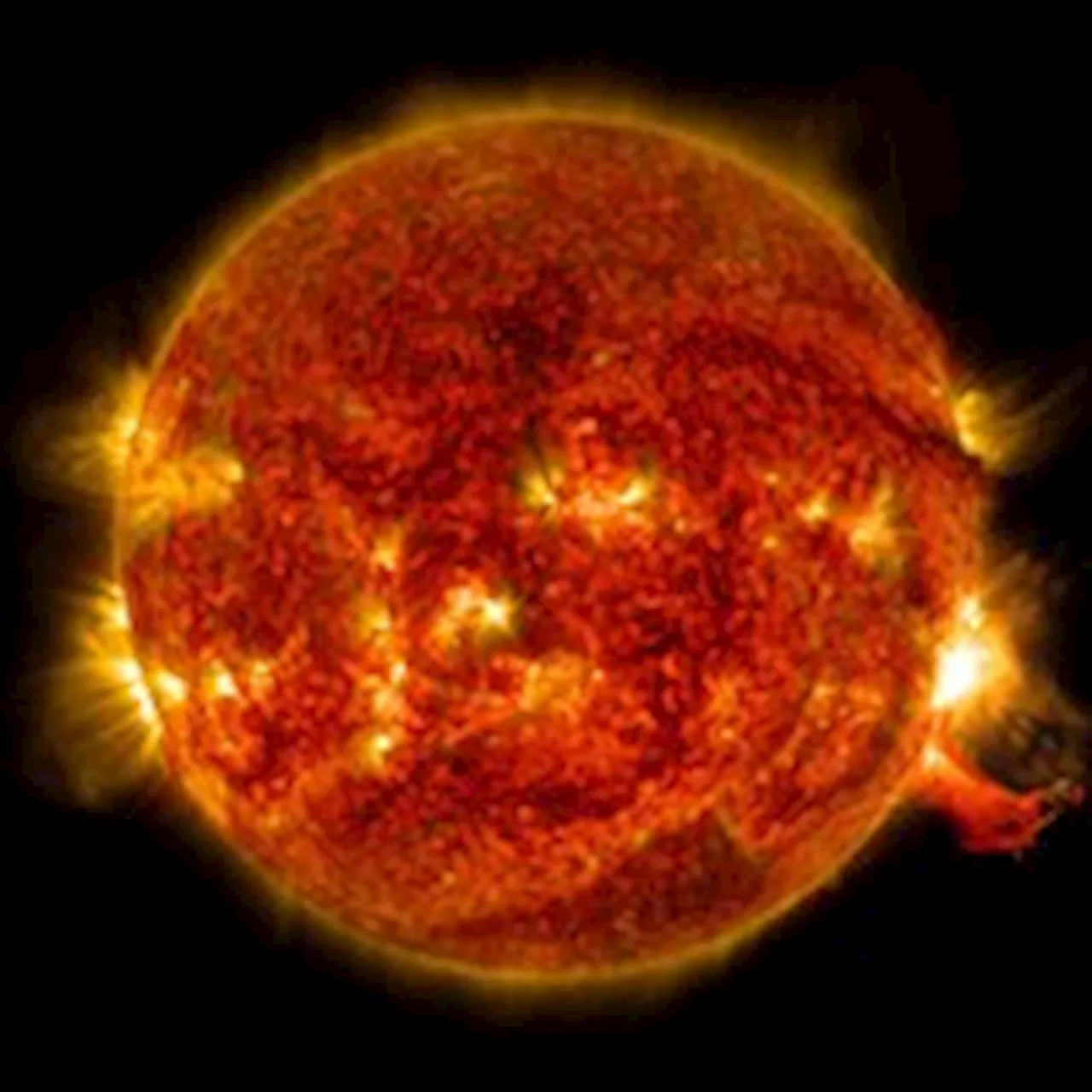Researchers have demonstrated a type of quantum eraser. The physicists show that they can pinpoint and correct for mistakes in quantum computing systems known as 'erasure' errors.
Quantum computers of the future hold promise in solving all sorts of problems. For example, they could lead to more sustainable materials, new medicines, and even crack the hardest problems in fundamental physics. But compared to classical computers in use today, rudimentary quantum computers are more prone to errors.
"The atoms in our quantum system talk to each other and generate entanglement," explains Pascal Scholl, the other co-lead author of the study and a former postdoctoral scholar at Caltech now working at a quantum computing company in France called PASQAL. The theory for implementing erasure detection in neutral atom systems was first developed by Jeff Thompson, a professor of electrical and computer engineering at Princeton University, and his colleagues. That team also recently reported demonstrating the technique in the journalBy removing and locating errors in their Rydberg atom system, the Caltech team says that they can improve the overall rate of entanglement, or fidelity.
United States Latest News, United States Headlines
Similar News:You can also read news stories similar to this one that we have collected from other news sources.
 Researchers, activists try to get ahead of AI-driven election misinformationNew organizations and ad campaigns seek to educate voters and help governments.
Researchers, activists try to get ahead of AI-driven election misinformationNew organizations and ad campaigns seek to educate voters and help governments.
Read more »
 Researchers publish first harmonized exposure protocol for ecotoxicity testing of micro- and nano-plasticsPlastic pollution has become a significant environmental and human health issue at a global scale. Yet despite increasing concern over the harmful effects of micro- and nano-plastics (MNPs), no harmonized guidelines or protocols for their ecotoxicity testing have been available to date.
Researchers publish first harmonized exposure protocol for ecotoxicity testing of micro- and nano-plasticsPlastic pollution has become a significant environmental and human health issue at a global scale. Yet despite increasing concern over the harmful effects of micro- and nano-plastics (MNPs), no harmonized guidelines or protocols for their ecotoxicity testing have been available to date.
Read more »
 Building on the greenbelt is central to solving England's housing crisis, say researchersAmid new targets of 1.5m new homes over five years, the Labour party has pledged to review the planning rules which dictate where housing in England can be built. The shadow chancellor, Rachel Reeves, has said that 'a common-sense approach' to deciding quite what land is worth protecting and what can sensibly be used to create more housing was crucial.
Building on the greenbelt is central to solving England's housing crisis, say researchersAmid new targets of 1.5m new homes over five years, the Labour party has pledged to review the planning rules which dictate where housing in England can be built. The shadow chancellor, Rachel Reeves, has said that 'a common-sense approach' to deciding quite what land is worth protecting and what can sensibly be used to create more housing was crucial.
Read more »
 Medical imaging fails dark skin: Researchers fixed itA team found a way to deliver clear pictures of anyone's internal anatomy, no matter their skin tone.
Medical imaging fails dark skin: Researchers fixed itA team found a way to deliver clear pictures of anyone's internal anatomy, no matter their skin tone.
Read more »
 Researchers prove that new method can be used to measure ozone stress in soybeansAs the world focuses on not only solving the climate crisis but also sustaining the world's food supply, researchers need tools to evaluate how atmospheric pollutants affect crops. Over the past decade, the agriculture community has turned to solar-induced chlorophyll fluorescence (SIF) measurements to detect stresses on plants.
Researchers prove that new method can be used to measure ozone stress in soybeansAs the world focuses on not only solving the climate crisis but also sustaining the world's food supply, researchers need tools to evaluate how atmospheric pollutants affect crops. Over the past decade, the agriculture community has turned to solar-induced chlorophyll fluorescence (SIF) measurements to detect stresses on plants.
Read more »
 Massive prehistoric solar storm is warning for Earth, researchers sayResearchers have identified what appears to be the largest solar storm to hit Earth, which occurred 14,300 years ago.
Massive prehistoric solar storm is warning for Earth, researchers sayResearchers have identified what appears to be the largest solar storm to hit Earth, which occurred 14,300 years ago.
Read more »
